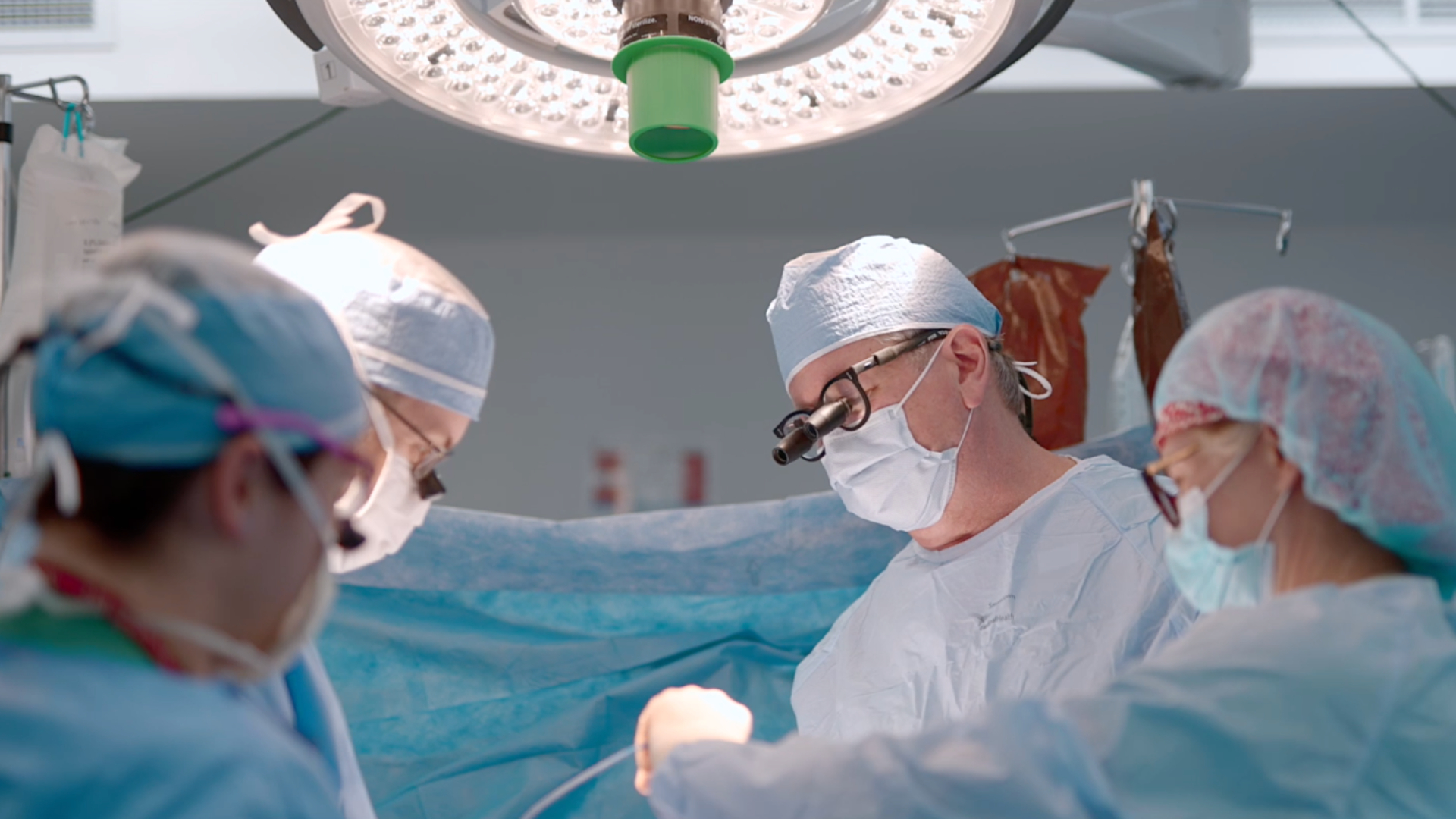Atrium Health issued the following announcement on June 7.
After more than 35 years since its first life-saving heart transplant, Atrium Health Sanger Heart & Vascular Institute has performed more than 700 heart transplants for patients from around the world. Since its inception, Atrium Health Sanger Heart & Vascular Institute has repeatedly earned multiple national recognition as the region’s top-rated heart and cardiovascular program, and the only hospital in the region to be recognized as high performing in all six common heart conditions and procedures evaluated by U.S. News & World Report.
“Our mission is to help people live longer and allow them to feel better and have an enjoyable, functional life with their family and friends,” said Dr. Sanjeev Gulati, chief of adult cardiology and advanced heart failure and transplant physician at Atrium Health Sanger Heart & Vascular Institute.
Heart transplant patients are those who are suffering from advanced heart failure, either from a severe, acute illness or long-term heart disease. They have reached the point where medical therapy and support devices can no longer keep their heart working effectively and they have a high risk of dying without a heart transplant.
“With a new heart, patients feel better almost immediately, and they continue to improve,” said Gulati. “I tell patients that several months after their transplant, they are going to feel like a new person. It’s truly amazing to see people go from being bedridden to being active and living life without limitations.”
The first heart transplant in Charlotte took place in 1986, by cardiac surgeon and founder of the Sanger Clinic, Dr. Francis Robicsek in conjunction with cardiologist Dr. Alan Thomley. Their hope was to give the greater Charlotte community access to this life-saving procedure. Furthermore, by performing heart transplants in Charlotte, patients receive their complex care locally and did not have to travel for their care.
Over the years, surgical techniques and medications have continued to advance and improve the outcomes for heart transplant recipients. Atrium Health Sanger Heart & Vascular Institute has one of the best one-year survival rates in the nation. Sanger has a 97% one-year survivability rate following a heart transplant, compared to the nationwide average of 91%.
Once approved for a transplant, each patient meets with a personalized team that helps with screening, medication management, transplant education, along with a comprehensive psychosocial evaluation, to ensure they remain physically and mentally healthy after the transplant.
“Surpassing this significant milestone of 700 heart transplants, combined with our high survivability rate, truly demonstrates the incredible expertise and dedication of Sanger’s entire multidisciplinary team. I am very proud of Dr. Gulati and the entire heart transplant team of how they ensure each patient receives some of the best care possible in the nation,” said Dr. Geoffrey Rose, enterprise heart and vascular leader and president of Atrium Health Sanger Heart & Vascular Institute.
The team at Sanger continues to bring innovative techniques and advancements in cardiac care that will continue to benefit numerous patients, including a new method that can help preserve a heart from a donor longer outside the body.
“We will be incorporating a new technique in the coming weeks to expand the number of suitable donor hearts so, hopefully, patients will spend less time on the waiting list,” said Gulati. “By preserving the donor heart better, patients will have an even better prognosis following their transplant.”
Even with the volume of heart transplants being performed – and the fact that Atrium Health Sanger Heart & Vascular Institute has now surpassed 700 transplants – the team is deeply invested in each case.
“Every time we do a transplant, it’s like the first one. The feeling doesn’t go away,” said Gulati. “We have been doing this for many years and it’s really interesting and amazing to see my colleagues with the same amount of excitement and joy that I feel, knowing that the patient is going to have a chance of returning to a full and active life.”
Original source can be found here.

Source: Atrium Health





 Alerts Sign-up
Alerts Sign-up